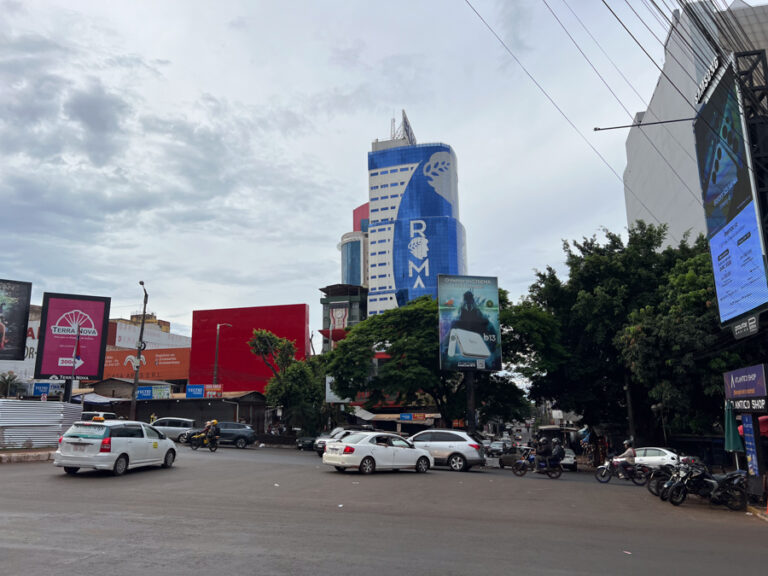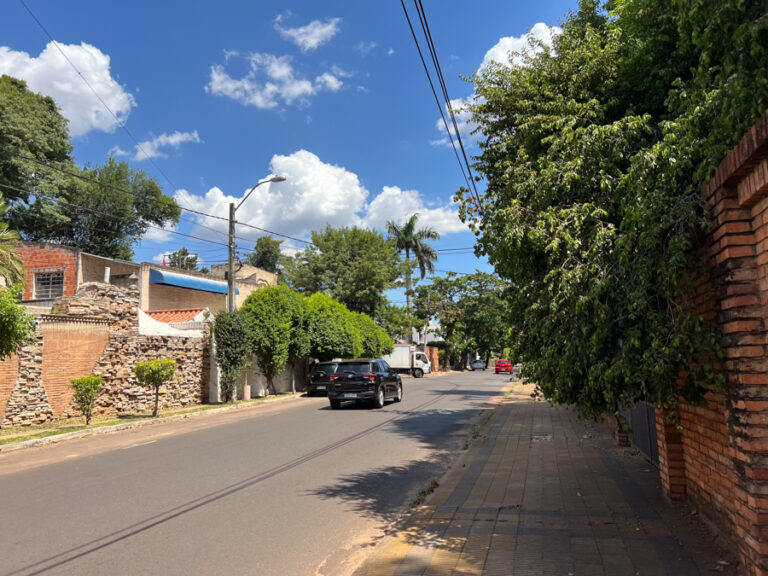Five Flag Theory for Digital Nomads
Five Flag Theory for Digital Nomads
If you are looking to diversify your life as a global citizen, it’s important to understand the Five Flag Theory for digital nomads.
This theory, originally created by Harry Schultz, who developed the Three Flag Theory, and later added on two additional flags to further diversify his Five Principles of Flag Design, explains the need for diversification as a global citizen.
The Five Flags consist of Citizenship, Tax Residency, Residency, Corporate Structure, and Banking.
This article will go in-dept on each of these five flags, what they consist of, and how each could affect you in your global diversification.
The Five Flag Theory suggests that by strategically choosing and managing these five flags, individuals can optimize their personal and financial circumstances through a global plan.
For example, an individual who is a citizen of a country with preferential tax laws and a resident of a country with a lower tax rate, can minimize their tax liability while maintaining legal and social benefits.
Similarly, starting in countries with low regulatory barriers and building assets in countries with stable economies and legal systems minimizes risk, while maximizing economic opportunities.
It is important to note that the five flags discussed in this article can often change depending on the author – however the five key flags below are the main flags you will want to look at optimizing as a global citizen.
The flag theory has been famously quoted as a reason for diversification for decades, however global citizens and you and I put this theory to use. If you are seeking diversification and tax optimization, reach out to us for global assistance in the process.
Flag 1: Citizenship
The first flag is citizenship. Citizenship refers to the country or countries of which you are a citizen and hold a passport. This determines your legal rights and obligations, and your ability to freely travel.
Utilizing flag theory, you want to ensure you have multiple citizens, simply for diversification purposes. The key here is that you do not NEED to reside in any of these countries where you hold citizenship, as they may very well not be tax optimized, and you may likely be paying 30-40% or higher in annual taxation in these countries.
Tax optimization is another flag, however the key to holding multiple citizenships is the right to freedom of movement, and ease of travel. This is the key point of the citizenship flag.

Flag 2: Tax Residency
The second principle of the Five Flag Theory design is tax residency. Tax residency refers to the country in which you pay taxes in.
It is important to differentiate here the difference between tax residency and residency. We will discuss residency in and of itself below, however tax residency is where you are legally considered a tax resident.
It is best practice to first physically leave your home country (or country of current residency), before obtaining a new tax residency, and ideally this new tax residency is in a jurisdiction that offers you and your business tax breaks.
Flag 3: Residency
Different from tax residency, residency offers the ability for you to live, work, and stay indefinitely in a new country.
It is important to note here that you can hold multiple residencies – and we actually recommend this as a best practice.
While you may hold residency, it is likely best practice for you to NOT obtain tax residency in most of the jurisdictions where you hold residency, unless of course they provide you with some tax benefits.
Reach out to us today to learn more about how we can assist in your residency process today. Many of our clients like to start out with residency options in various countries in Latin America, and expend their residency portfolio from there.
🌎 Ready to Go Global?
Explore smart strategies for residency, banking, and diversification in Latin America and beyond:
- ✅ Book a Strategy Consult – Get personalized guidance tailored to your global lifestyle.
- 🇵🇾 Paraguay Residency Essentials Program – Fast-track your second residency with low taxes and no minimum stay.
- 🇺🇾 Uruguay Residency Essentials Program – Discover this stable, scenic option for long-term relocation.
- 💳 U.S. Banking for Non-Residents – Open U.S. accounts and access credit even if you don’t live in the States.
🌐 For sovereign individuals and digital nomads building a borderless life.
Flag 4: Corporate Structure
The fourth flag is your corporate structure. This flag is the country in which your business or company is incorporated in and the country in which the company operates.
This flag affects access to finance, involvement in international trade, and the obligation to benefit from various tax incentives and regulatory frameworks.

You want to ensure your business is established and incorporated in a country where overseas companies are not taxed. Following the flags previously discussed, neither the country of citizenship nor the country of tax residence will have a significant impact on offshore income.
There are also various options for flowthrough entities in countries such as Canada and the USA, where you have your business income passed through to your personal income, and pay taxes on that income as personal income.
A good example of an offshore business establishment is in a country like Panama, Hong Kong, an American LLC, among many other options.
Feel free to contact us if you have any questions. We will guide you to the best option.
Flag 5: Banking
The fifth flag in Flag Theory is banking. Of course, banking is important for both business and personal purposes. You want to deposit your money in a stable bank account in a stable country.
The country of your banking may differ from the country in which your business is registered, and that is perfectly fine. This ensures the safety of your assets through an effective system and a trusted country that does not require any of the other four flags.

While your home country may not offer banking to non-residents, it is very common practice in many tax-friendly countries around the globe to offer private banking and account formations, both personal and corporate, to individuals who are non-residents. Of course, this process will be much easier as a resident however, and often have less strict AML rules once the account is opened.
As a part of the Flag Theory, we assist clients in opening bank accounts in countries where they do not hold citizenship or residency. Banking, investment, and crypto diversification across countries is key to this Theory.
The Importance of Geo-Arbitrage
One additional point to be noted within Flag Theory is the concept of geo-arbitrage.
This means you can earn currency in a stable country, earn a higher currency, while living in a country with a significantly lower cost of living, and where you do most of your spending.
It is important to keep in mind that the Five Flag Theory is a strategy that can be utilized by anyone, regardless of nationality, income level, or background.
While the travelling lifestyle may not be for everyone, there are tax optimized countries where you can stay part or full time and still have tax benefits, while making said country you full time home!
However, you need to be sure you are choosing the correct countries before starting out on your diversification journey.
Final Thoughts on the Five Flag Theory for Digital Nomads
To recap on the points discussed in Flag Theory, if you are looking to utilize the Five Flag Theory, you should:
- Ensure you are a non-resident of your country and cut your ties with the countries you hold passports to
- Obtain a new tax residency in a tax-optimized country, whether you are planning to live there part or full-time
- Ensure your business is legally established in another country
- Live in a country that has friendly tax rules and allows you to take advantage of geo-arbitrage
- Set up your bank accounts in a country that is different from the above and that offers tax and investment benefits
This Five Flag Theory for digital nomads provides a comprehensive framework for diversifying personal and financial aspects of life as a global citizen.
By carefully selecting countries for citizenship, tax residency, residency, corporate structure, and banking, you can optimize their freedom, security, and financial well-being.
While this process requires thoughtful planning and compliance with legal frameworks, leveraging expert guidance ensures successful implementation.
Ready to diversify? Contact us to begin your global strategy today or read more on Work Wealth & Travel to learn more about living in LatAm.








One Comment